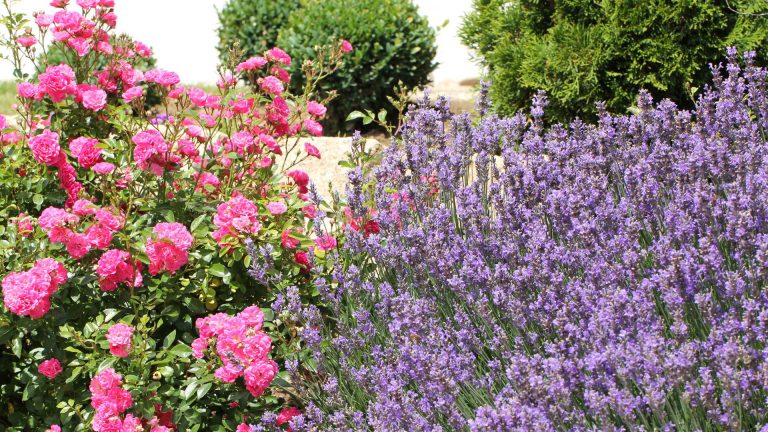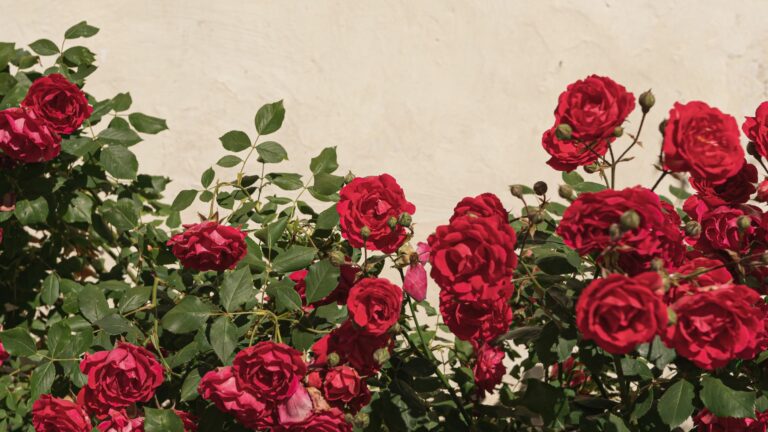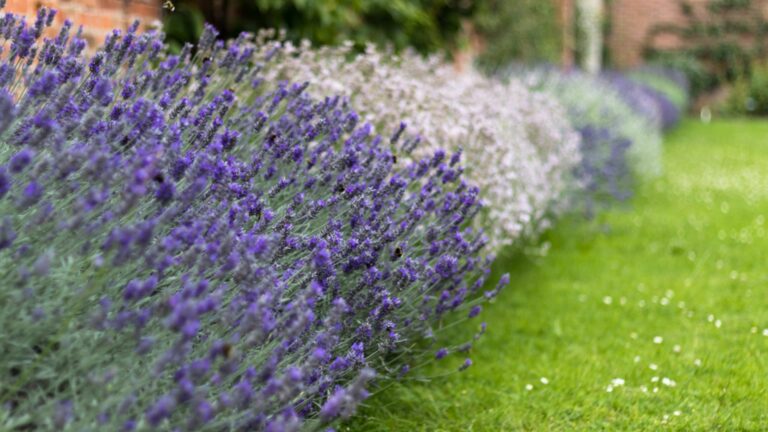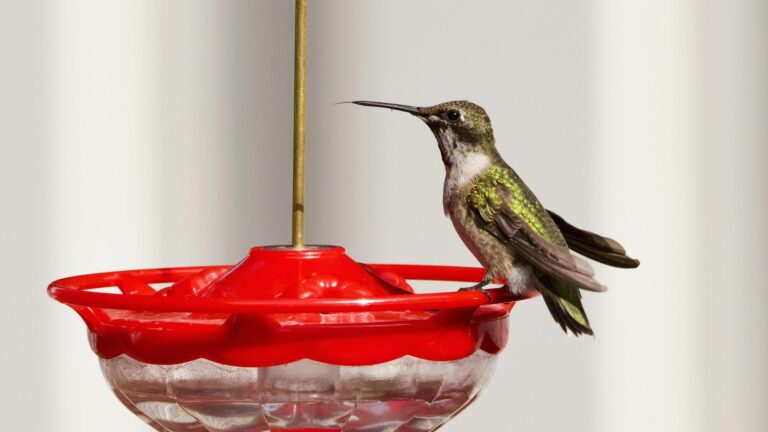How To Winterize A Vegetable Garden In Michigan
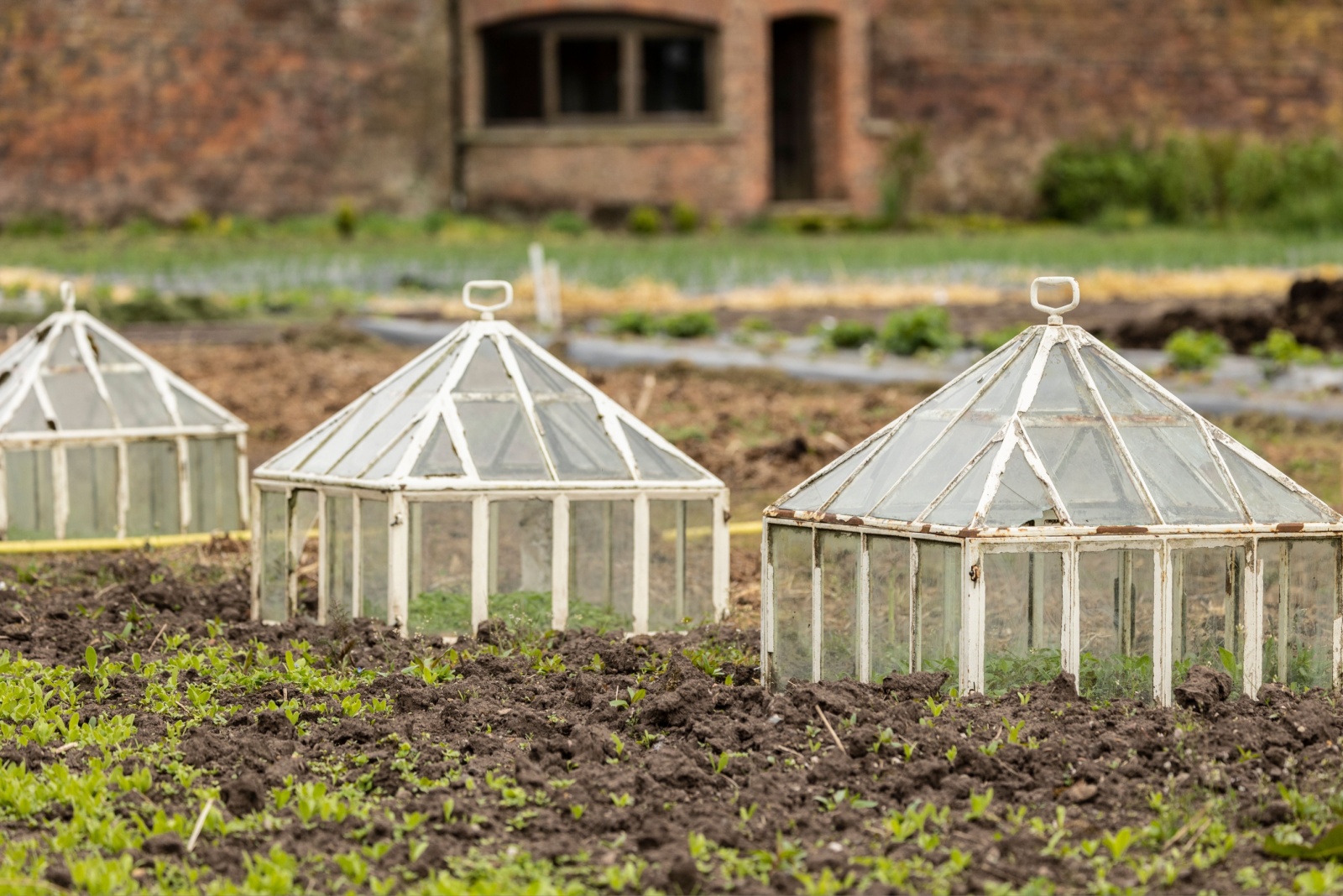
Michigan winters can be harsh on vegetable gardens, with freezing temperatures and heavy snow threatening all your hard work from the growing season.
Preparing your garden properly before the cold arrives helps protect the soil, prevents pest problems, and sets you up for a successful spring planting. Taking a few simple steps now will save you time and effort when warmer weather returns.
1. Clear Out Dead Plants And Debris
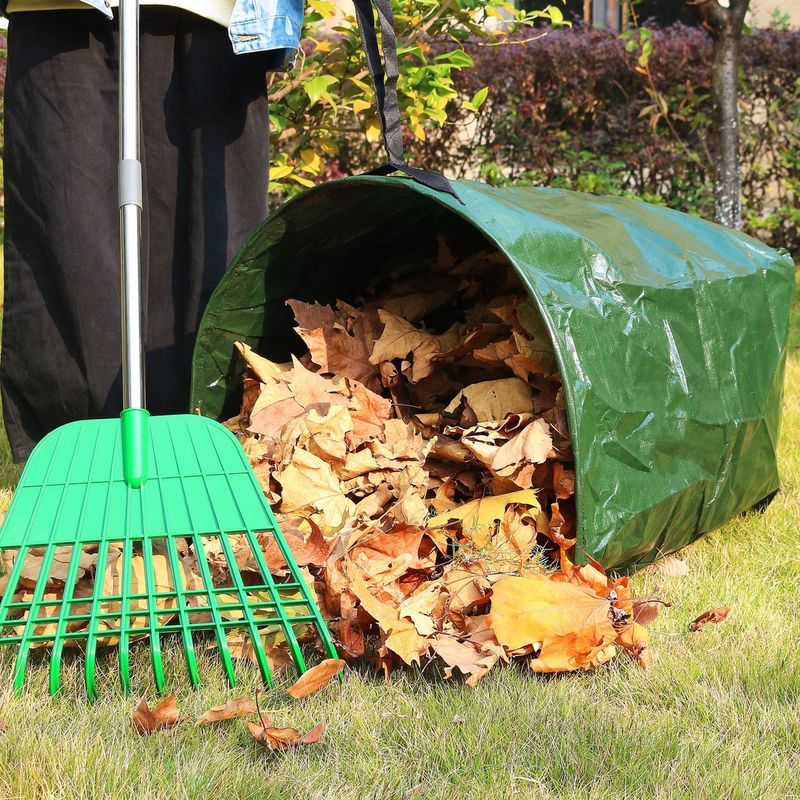
Removing old plants and leftover vegetables prevents diseases from overwintering in your Michigan garden beds. Dead tomato vines, pepper plants, and other spent crops can harbor harmful fungi and bacteria that will attack next year’s plants.
Pull everything out by the roots and dispose of diseased material in the trash, not your compost pile. Healthy plant matter can go into compost, where it will break down and enrich your soil for future growing seasons.
2. Add A Layer Of Compost Or Organic Matter
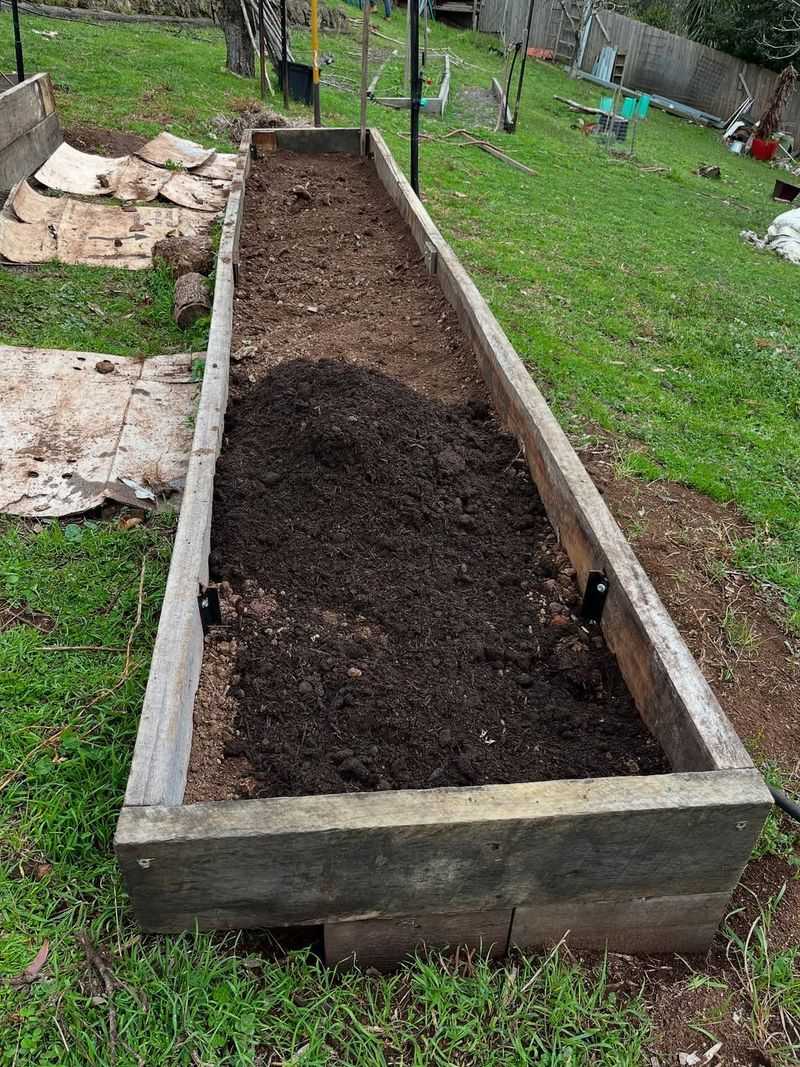
Spreading a generous layer of compost or aged manure gives your soil a nutritional boost during the quiet winter months. Microorganisms continue working slowly even in cold weather, breaking down organic matter into nutrients plants can use.
Aim for about two to three inches of compost across your entire Michigan garden. By spring, much of this material will have integrated into the soil, improving its structure and fertility without any extra work from you.
3. Plant A Cover Crop For Soil Protection
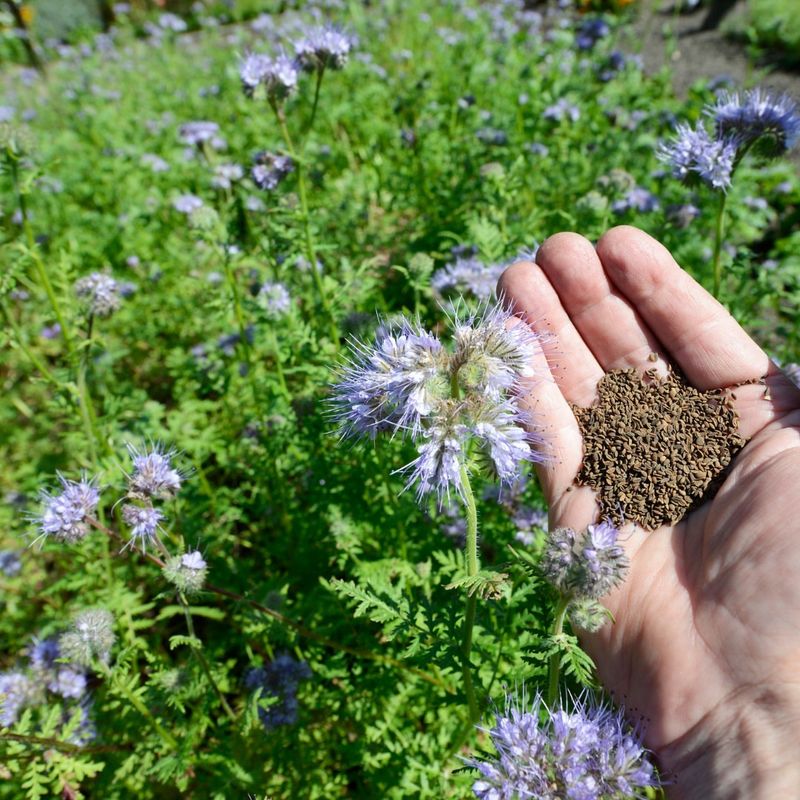
Cover crops like winter rye, hairy vetch, or crimson clover protect bare soil from erosion caused by wind and melting snow. Their roots hold the soil in place while adding organic matter when you till them under in spring.
Plant cover crops in early fall, about six weeks before the first hard freeze. They’ll establish roots before winter arrives in Michigan and provide a living blanket that suppresses weeds and improves soil health throughout the cold season.
4. Mulch Garden Beds With Straw Or Leaves
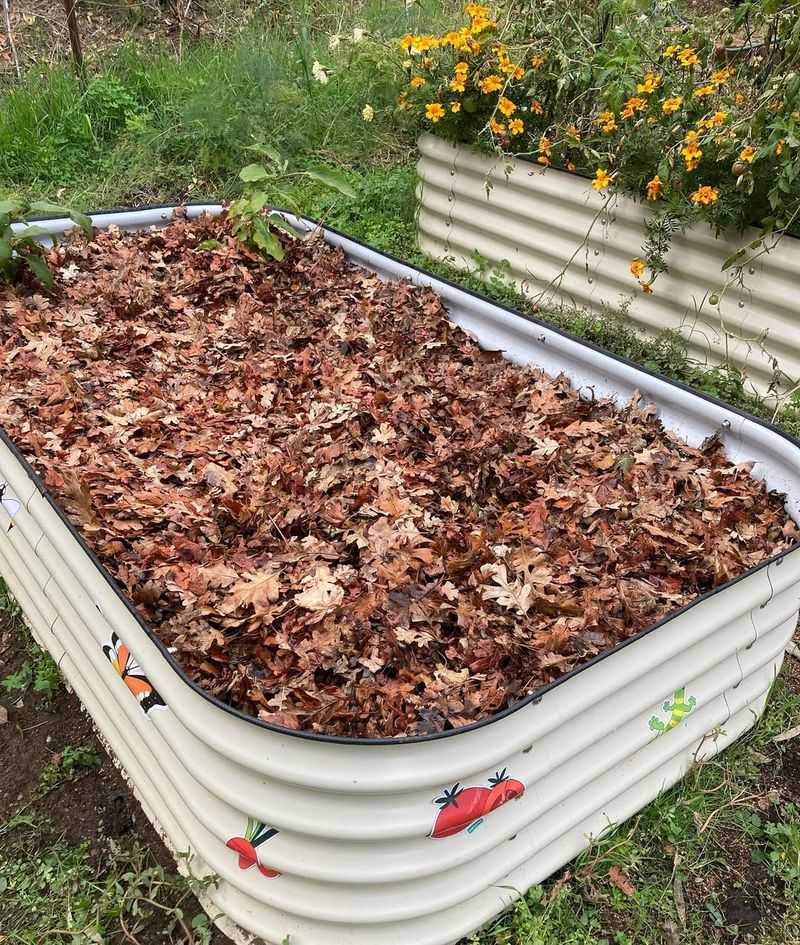
A thick blanket of mulch insulates the soil, reducing temperature fluctuations that can damage beneficial microorganisms and earthworms. Straw, shredded leaves, or wood chips work wonderfully as protective layers.
Apply four to six inches of mulch after the ground freezes to prevent early thawing during warm spells. This keeps perennial vegetables like asparagus and rhubarb dormant until spring truly arrives, protecting them from damage caused by false starts in growth.
5. Drain And Store Garden Hoses And Irrigation
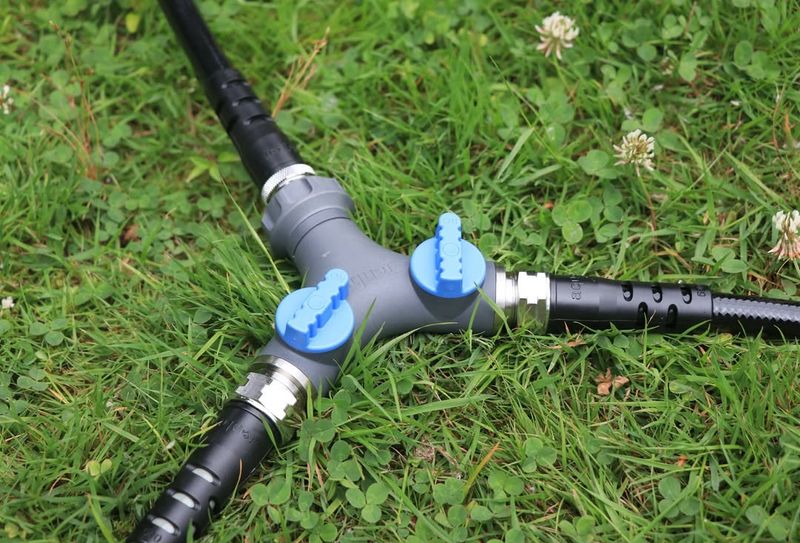
Water left inside hoses and irrigation lines will freeze and expand, causing cracks and splits that ruin your equipment. Disconnect all hoses from outdoor faucets and drain them completely before storing them in a garage or shed.
If you have drip irrigation or soaker hoses, blow out the water using an air compressor or drain them thoroughly. Properly stored equipment lasts many years longer than hoses left outside to freeze and thaw repeatedly through Michigan winter.
6. Protect Perennial Vegetables And Herbs
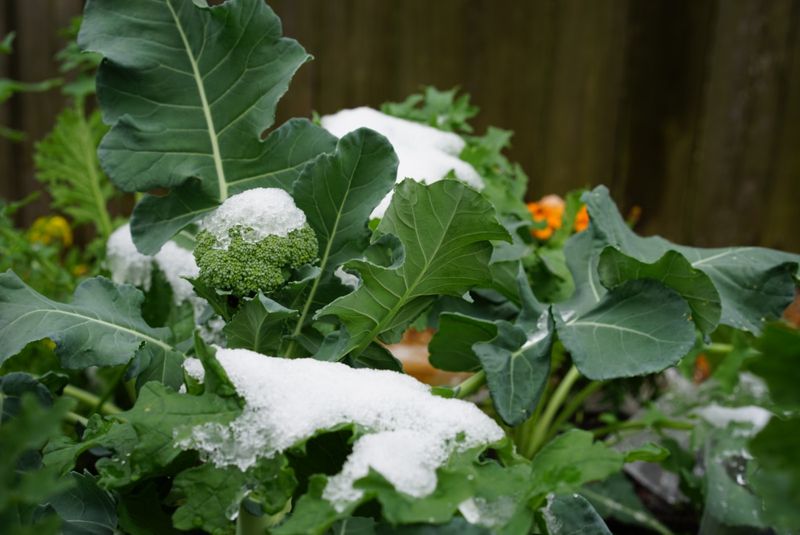
Perennial crops like asparagus, rhubarb, and hardy herbs need extra protection to survive Michigan’s brutal winters. Cut back dead foliage after the first hard frost, then pile mulch or compost around the crowns.
For herbs like rosemary or lavender that are borderline hardy, consider adding a cold frame or covering them with burlap. Extra insulation helps these valuable plants survive to produce again next season, saving you money on replacements.
7. Test And Amend Your Soil For Spring
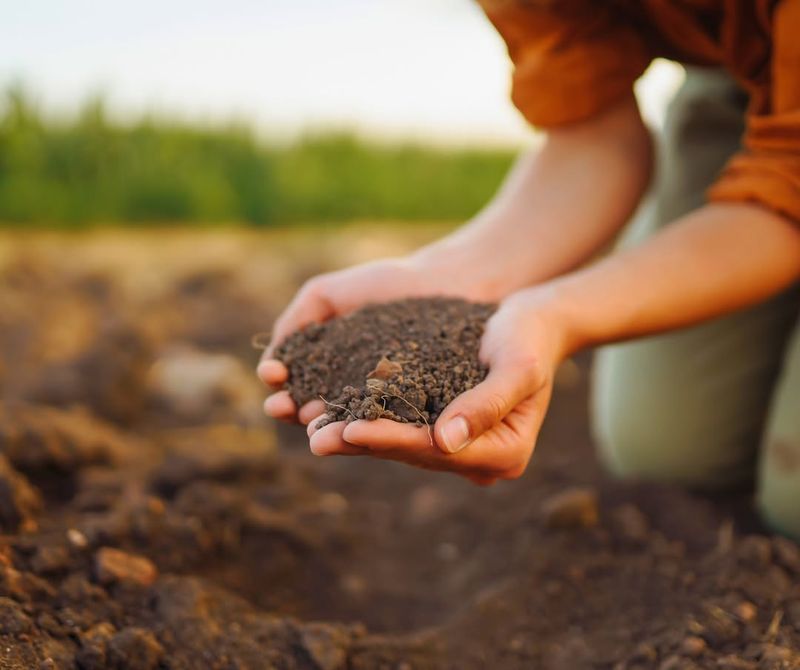
Fall is the perfect time to test your soil’s pH and nutrient levels because amendments have all winter to work their magic. A simple soil test reveals what your Michigan garden needs for optimal growth next year.
Add lime to raise pH or sulfur to lower it based on test results. Incorporate rock phosphate or greensand for long-term mineral nutrition. These amendments break down slowly, so applying them now means your soil will be perfectly balanced when spring planting season arrives.


